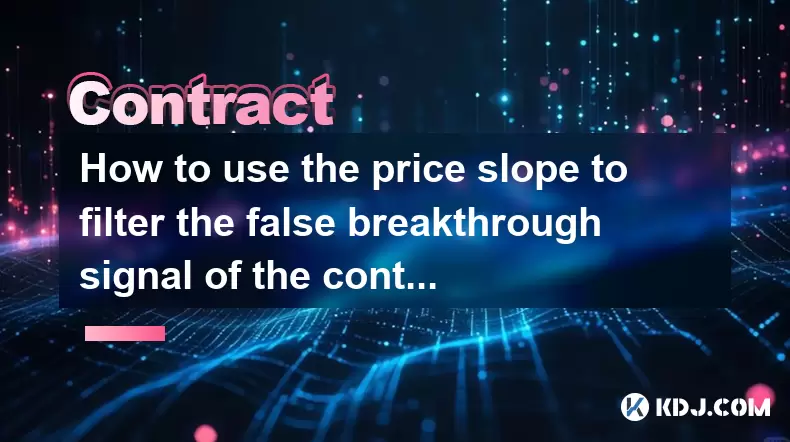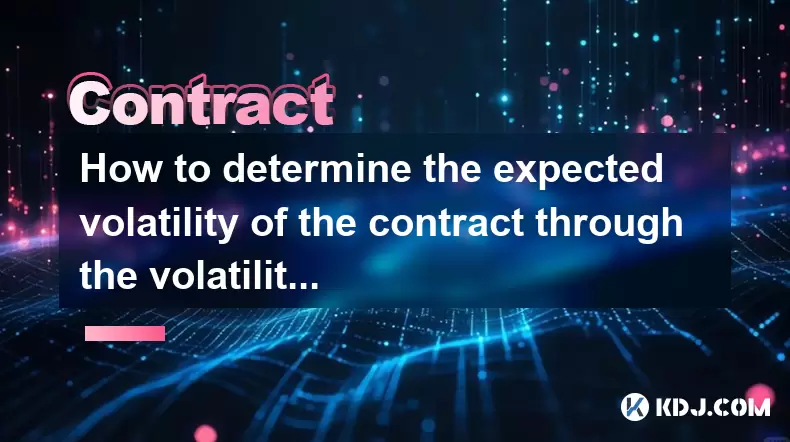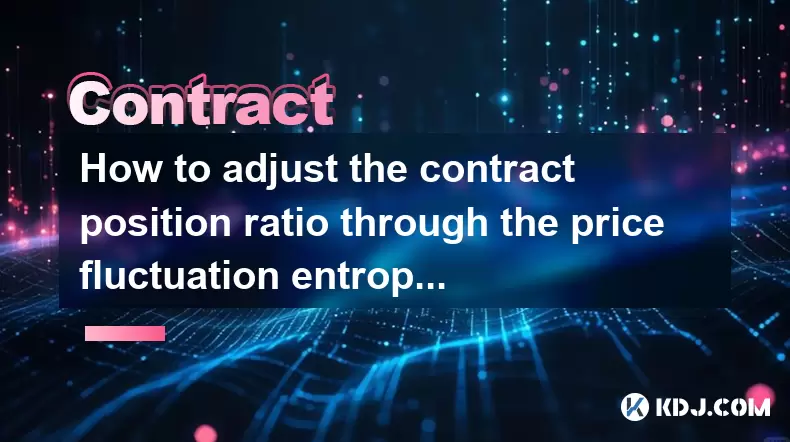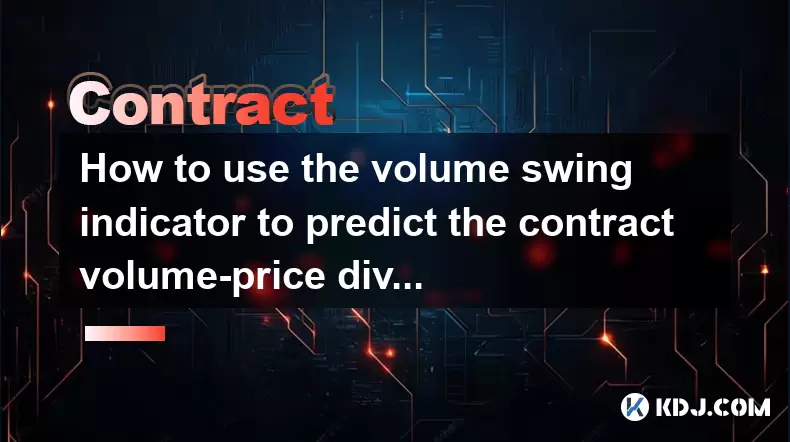-
 Bitcoin
Bitcoin $102,936.6333
3.84% -
 Ethereum
Ethereum $2,303.2860
5.42% -
 Tether USDt
Tether USDt $1.0008
0.05% -
 XRP
XRP $2.0592
5.18% -
 BNB
BNB $630.3035
4.07% -
 Solana
Solana $139.0485
7.91% -
 USDC
USDC $1.0000
0.01% -
 TRON
TRON $0.2722
3.17% -
 Dogecoin
Dogecoin $0.1572
6.30% -
 Cardano
Cardano $0.5543
5.37% -
 Hyperliquid
Hyperliquid $37.0789
8.94% -
 Bitcoin Cash
Bitcoin Cash $454.8827
2.38% -
 Sui
Sui $2.6088
10.94% -
 UNUS SED LEO
UNUS SED LEO $9.0751
0.81% -
 Chainlink
Chainlink $12.1078
6.95% -
 Stellar
Stellar $0.2351
5.76% -
 Avalanche
Avalanche $17.1771
7.35% -
 Toncoin
Toncoin $2.8438
5.50% -
 Shiba Inu
Shiba Inu $0.0...01112
7.74% -
 Litecoin
Litecoin $82.9385
5.91% -
 Hedera
Hedera $0.1409
8.82% -
 Ethena USDe
Ethena USDe $1.0006
0.01% -
 Monero
Monero $301.2470
1.77% -
 Dai
Dai $1.0001
0.01% -
 Polkadot
Polkadot $3.2751
3.88% -
 Bitget Token
Bitget Token $4.0623
2.00% -
 Uniswap
Uniswap $6.5652
8.27% -
 Pepe
Pepe $0.0...09287
7.77% -
 Pi
Pi $0.5146
6.32% -
 Aave
Aave $242.0173
11.35%
What is the leverage multiple for Bitcoin contracts?
In choosing a leverage multiple for Bitcoin contracts, traders must carefully consider factors such as their risk tolerance, market volatility, trading strategy, and exchange regulations to optimize their trading experience while managing potential risks.
Dec 03, 2024 at 08:15 pm

Leverage Multiple for Bitcoin Contracts: A Comprehensive Guide
Introduction
Leverage, a powerful tool in the financial world, allows traders to amplify their positions and potentially increase their returns. In the realm of Bitcoin trading, leverage is a double-edged sword, offering tantalizing gains but also exposing traders to magnified risks. This article delves into the concept of leverage, exploring its applications, risks, and the factors that determine the leverage multiple for Bitcoin contracts.
Step 1: Understanding Leverage
Leverage, in essence, allows traders to control a larger position with a smaller amount of capital. It is expressed as a ratio, indicating the proportion by which a trader's position is amplified. For instance, a leverage of 10x means that a trader can control a position worth $10,000 with just $1,000 in their account.
Step 2: Leverage Multipliers for Bitcoin Contracts
Leverage multipliers for Bitcoin contracts vary across exchanges and brokers. Typically, higher leverage levels are offered for more experienced traders or those willing to assume greater risk. Common leverage options include:
- 1x: No leverage, the trader's position is not amplified.
- 5x: A moderate level of leverage, allowing traders to control a position five times the size of their capital.
- 10x: A commonly used leverage multiple, enabling traders to trade with ten times the leverage.
- 20x: A higher leverage level, providing greater potential returns but also exposing traders to increased risks.
- 50x: A very high leverage multiple, typically reserved for experienced and highly risk-tolerant traders.
Step 3: Determining the Leverage Multiple
The appropriate leverage multiple depends on several factors, including:
- Trader's Risk Tolerance: Traders should assess their tolerance for risk and choose a leverage multiple that aligns with their comfort level.
- Market Volatility: Higher volatility increases the potential for both profits and losses. More experienced traders may opt for higher leverage in volatile markets.
- Trading Strategy: Different trading strategies require different leverage levels. Scalpers and day traders may prefer lower leverage to minimize risk, while swing traders may use higher leverage to capitalize on longer-term trends.
- Exchange Regulations: Exchanges may impose limits on leverage multipliers to mitigate excessive risk for traders.
Step 4: Risks of High Leverage
While leverage can amplify potential returns, it also magnifies losses. Key risks associated with high leverage include:
- Magnified Losses: With higher leverage, small market movements can result in significant losses, potentially exceeding the trader's initial capital.
- Margin Calls: If the market moves against a trader's position, the exchange may issue a margin call, requiring the trader to deposit additional funds or face liquidation of their position.
- Emotional Trading: High leverage can lead to emotional decision-making, as traders may be tempted to hold on to losing positions in the hope of recovering losses.
Step 5: Prudent Use of Leverage
To mitigate the risks associated with leverage:
- Start Small: Begin with a low leverage multiple until you gain experience and comfort.
- Manage Risk: Implement stop-loss orders and position sizing strategies to limit potential losses.
- Monitor Positions Regularly: Closely monitor your positions and adjust them as needed, particularly in volatile markets.
- Consider Market Conditions: Evaluate market conditions before adjusting leverage levels. Higher volatility warrants lower leverage.
- Education and Practice: Educate yourself thoroughly about leverage and risk management before using it in live trading. Consider paper trading to practice before committing real capital.
Disclaimer:info@kdj.com
The information provided is not trading advice. kdj.com does not assume any responsibility for any investments made based on the information provided in this article. Cryptocurrencies are highly volatile and it is highly recommended that you invest with caution after thorough research!
If you believe that the content used on this website infringes your copyright, please contact us immediately (info@kdj.com) and we will delete it promptly.
- Crypto Penny Coins: Hunting for Monster Gains in 2025
- 2025-06-24 02:45:12
- Ethereum Whale Dips Into Crashing ETH: Smart Move?
- 2025-06-24 02:25:12
- Shiba Inu vs. Rival Tokens: Navigating the Cryptocurrency Craze in NYC
- 2025-06-24 03:10:22
- Stablecoin Scramble: Market Structure and Bill Passage in the Crypto Wild West
- 2025-06-24 02:45:12
- Circle Stock Soars: Surpassing USDC Market Cap After GENIUS Act Boost
- 2025-06-24 03:10:22
- Pepe Coin's Open Interest Hints at Potential Rally: A Trader's Guide
- 2025-06-24 02:50:12
Related knowledge

How to use the price slope to filter the false breakthrough signal of the contract?
Jun 20,2025 at 06:56pm
Understanding the Concept of Price Slope in Contract TradingIn contract trading, especially within cryptocurrency derivatives markets, price slope refers to the rate at which the price changes over a specific time period. It helps traders assess the strength and sustainability of a trend. A steep slope may indicate strong momentum, while a shallow slope...

How to determine the expected volatility of the contract through the volatility cone?
Jun 19,2025 at 12:28pm
Understanding the Basics of Volatility in Cryptocurrency ContractsIn the realm of cryptocurrency trading, volatility is a key metric that traders use to assess potential risk and reward. When dealing with futures contracts, understanding how volatile an asset might become over time is crucial for position sizing, risk management, and strategy developmen...

How to formulate a contract intraday trading plan in combination with the pivot point system?
Jun 21,2025 at 03:42pm
Understanding the Basics of Pivot Points in Cryptocurrency TradingPivot points are technical analysis tools used by traders to identify potential support and resistance levels. These levels are calculated using the previous day's high, low, and closing prices. In the context of cryptocurrency trading, where markets operate 24/7, pivot points help trader...

How to adjust the contract position ratio through the price fluctuation entropy?
Jun 22,2025 at 11:42am
Understanding Price Fluctuation Entropy in Cryptocurrency ContractsIn the world of cryptocurrency futures trading, price fluctuation entropy is a relatively new concept used to measure market volatility and uncertainty. It derives from information theory, where entropy refers to the degree of randomness or unpredictability in a system. In crypto contrac...

How to use the volume swing indicator to predict the contract volume-price divergence?
Jun 18,2025 at 11:42pm
Understanding the Volume Swing IndicatorThe volume swing indicator is a technical analysis tool used primarily in cryptocurrency trading to evaluate changes in volume over time. Unlike price-based indicators, this metric focuses solely on trading volume, which can provide early signals about potential market reversals or continuations. The key idea behi...

How to use the Gaussian channel to set the contract trend tracking stop loss?
Jun 18,2025 at 09:21pm
Understanding the Gaussian Channel in Cryptocurrency TradingThe Gaussian channel is a technical indicator used primarily in financial markets, including cryptocurrency trading, to identify trends and potential reversal points. It is based on statistical principles derived from the normal distribution, commonly known as the Gaussian distribution or bell ...

How to use the price slope to filter the false breakthrough signal of the contract?
Jun 20,2025 at 06:56pm
Understanding the Concept of Price Slope in Contract TradingIn contract trading, especially within cryptocurrency derivatives markets, price slope refers to the rate at which the price changes over a specific time period. It helps traders assess the strength and sustainability of a trend. A steep slope may indicate strong momentum, while a shallow slope...

How to determine the expected volatility of the contract through the volatility cone?
Jun 19,2025 at 12:28pm
Understanding the Basics of Volatility in Cryptocurrency ContractsIn the realm of cryptocurrency trading, volatility is a key metric that traders use to assess potential risk and reward. When dealing with futures contracts, understanding how volatile an asset might become over time is crucial for position sizing, risk management, and strategy developmen...

How to formulate a contract intraday trading plan in combination with the pivot point system?
Jun 21,2025 at 03:42pm
Understanding the Basics of Pivot Points in Cryptocurrency TradingPivot points are technical analysis tools used by traders to identify potential support and resistance levels. These levels are calculated using the previous day's high, low, and closing prices. In the context of cryptocurrency trading, where markets operate 24/7, pivot points help trader...

How to adjust the contract position ratio through the price fluctuation entropy?
Jun 22,2025 at 11:42am
Understanding Price Fluctuation Entropy in Cryptocurrency ContractsIn the world of cryptocurrency futures trading, price fluctuation entropy is a relatively new concept used to measure market volatility and uncertainty. It derives from information theory, where entropy refers to the degree of randomness or unpredictability in a system. In crypto contrac...

How to use the volume swing indicator to predict the contract volume-price divergence?
Jun 18,2025 at 11:42pm
Understanding the Volume Swing IndicatorThe volume swing indicator is a technical analysis tool used primarily in cryptocurrency trading to evaluate changes in volume over time. Unlike price-based indicators, this metric focuses solely on trading volume, which can provide early signals about potential market reversals or continuations. The key idea behi...

How to use the Gaussian channel to set the contract trend tracking stop loss?
Jun 18,2025 at 09:21pm
Understanding the Gaussian Channel in Cryptocurrency TradingThe Gaussian channel is a technical indicator used primarily in financial markets, including cryptocurrency trading, to identify trends and potential reversal points. It is based on statistical principles derived from the normal distribution, commonly known as the Gaussian distribution or bell ...
See all articles
























































































